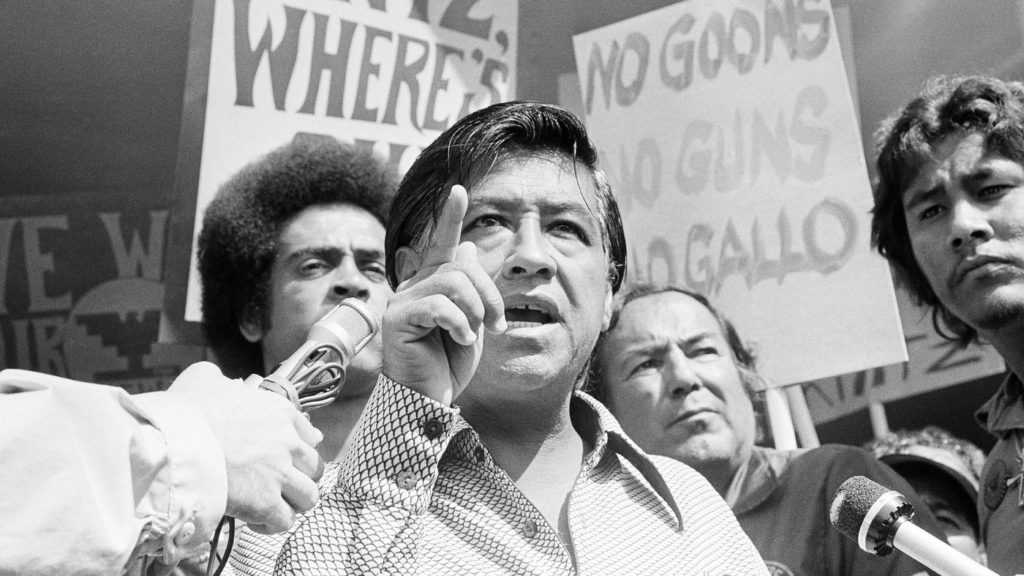Reasons For Mild Optimism About Organized Labor

It’s very, very easy for labor people to take every small victory and turn it into something that it is not. There’s a long history of labor advocates, journalists, and historians taking small victories and extrapolating that labor is on its way back. And then, uh, it’s not.
That could be the same after this current wave of activism. But there have been some real wins and they are worth noting. On this Labor Day weekend, there’s at least moderate reason for optimism:
As of this writing, most of these newly formed unions have not won a first contract. If companies resist negotiating contracts, a possible union response is to threaten to strike and shut down production. Historically, strikes were a major way that workers were able to win higher wages and union recognition, from sit-down strikes in the 1930s to the public-sector strikes in the 1960s to the Justice for Janitors strikes around the 1990s to the recent educator strikes. As new union elections declined over the past 50 years, so did strikes — and as elections increased this year, strikes did as well.
By law, private-sector workers have the right to union elections and the right to strike. We don’t yet know how today’s workers will respond as employers resist their efforts to bargain for better pay and working conditions. The NLRB has an important role to play in enforcing workers’ rights, as it did last week, when it ruled that Tesla workers have the right to wear union T-shirts. Support from community allies and politicians will also be crucial, not only for the right to fair elections, but also for securing first contracts.
When new unions form, win their first contracts or win strikes, it can inspire other workers to do the same. This Labor Day, it appears that frustrated workers have been inspiring one another nationwide.
I appreciate this piece because it tempers the optimism with a dose of reality. This could be a good time. We will see over the next few years.


